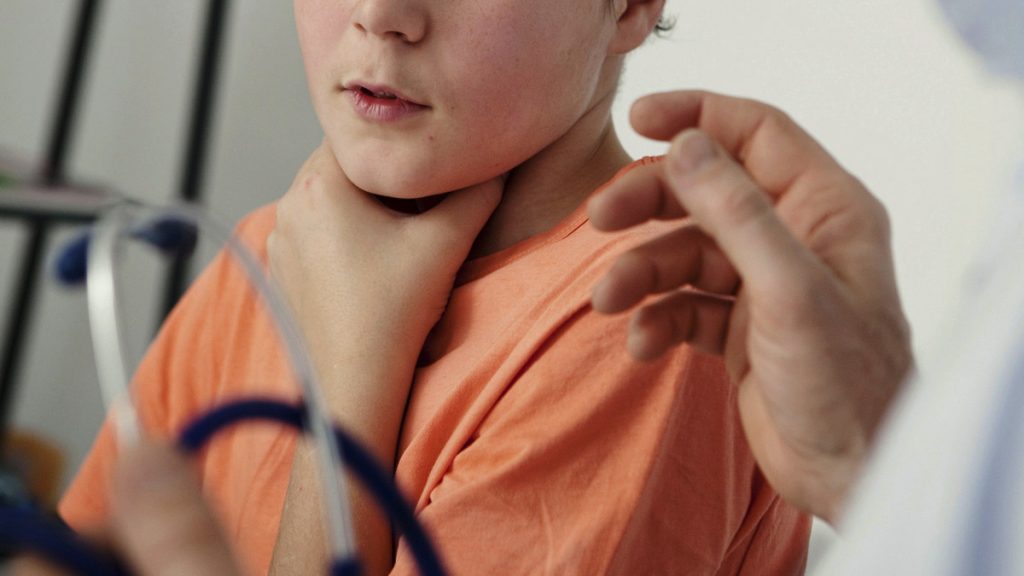A new study shows that severe infection during adolescence could mean an increased risk of developing MS later in life.
It is mainly about infection in the brain and spinal cord, but also in the airways, says Scott Montgomery, a professor at the University of Orebro.
MS is a neurological disease that attacks the central nervous system, ie the brain and spinal cord. The cause of MS is not fully known, but it is believed that both genetic and personal characteristics as well as environmental exposures can influence the risk of developing the disease.
In previous studies, Scott Montgomery, professor of clinical epidemiology and biostatistics at Orebro University, found a link between concussion or pneumonia during adolescence and an increased risk of MS later in life.
The new study shows that even infections in the central nervous system, that is, the brain and spinal cord, during adolescence increase the risk of developing MS by 180 percent.
Infection in the central nervous system appears to be able to trigger an autoimmune process, that is, the immune system itself is attacking a part of the body, which also happens in MS, says Scott Montgomery.
Adolescence – sensitive period
The researchers also noted a link between acute respiratory infections in adolescence and multiple sclerosis. Teens treated in hospital for respiratory infections have a 51 percent increased risk of developing MS.
It is important to note that only a small minority of those who develop serious infections during adolescence will develop MS. But the study supports the theory that adolescence is a period when you are most sensitive to exposures associated with MS risk. Scott Montgomery says that infection in childhood (before age 11) does not increase the risk of developing the disease later in life.
The study is a collaboration between researchers at Örebro University, Karolinska Institutet and University College London.
Scientific material:
Infection diagnosed in hospital before age 20 and risk of later diagnosis of multiple sclerosis.

“Extreme tv maven. Beer fanatic. Friendly bacon fan. Communicator. Wannabe travel expert.”









More Stories
Why Rare Earth Metals for Electric Cars Are Crucial for Modern Mobility
“We want to promote critical rules approach”
“A lot happened during the trip,” Jönköping County Council